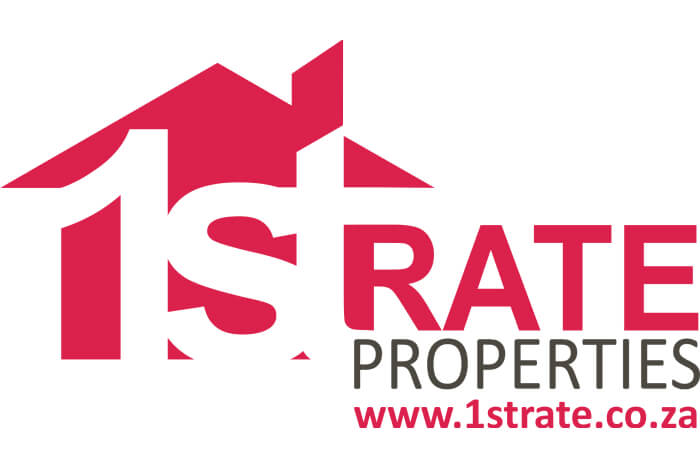Financial Woes or Freedom to Move? Why South Africans Choose to Rent
Renting a property is a popular choice for many South Africans, and a new survey by TPN Credit Bureau sheds light on the reasons behind this trend. Let’s delve into the key factors influencing renters’ decisions.
Financial Considerations Lead the Way
The survey reveals that the primary reason for renting is financial. Nearly half of respondents indicated they can’t afford to buy a property. High interest rates, inflation, and limited job opportunities make homeownership a distant dream for many. Additionally, a poor credit record prevents almost 10% of renters from taking the plunge into homeownership.
Beyond Affordability: Flexibility and Preference
While affordability plays a major role, it’s not the only reason people choose to rent. Over 17% of respondents value the flexibility that renting offers, allowing them to move more easily for work or life changes. Interestingly, more than 11% believe renting is actually cheaper than owning a property when you factor in maintenance costs and property taxes.
The survey also highlights a growing trend – debt aversion. Nearly 2.2% of respondents prioritize avoiding debt associated with homeownership. Political and economic uncertainties also influence some renters, with 1.8% preferring to rent until the situation stabilizes. Finally, a small portion (0.8%) are planning to emigrate and see renting as a temporary solution.
Gender Differences in Renting
The survey uncovers some interesting gender disparities in rental trends. Women are more likely to rent due to affordability constraints, with a higher percentage occupying lower-priced rentals compared to men. Additionally, women tend to prioritize security and smaller living spaces, favoring apartments and townhouses over free-standing houses.
Lease Preferences: Security and Stability
The ideal lease structure for over a third of respondents involves lower rental escalations and no deposit requirements. However, they’re willing to commit to longer leases for this benefit. This stability is attractive to landlords, offering predictable income and fewer vacancies. While a deposit offers security for landlords, it can be a barrier for tenants, especially those in lower income brackets. Deposit insurance is emerging as a potential solution to bridge this gap.
On the other hand, nearly a third of respondents prioritize the flexibility of month-to-month leases. This highlights the ongoing economic and social uncertainties influencing renters. Interestingly, the desire for a rent-to-own option suggests a lingering aspiration for homeownership among some renters.
Amenities vs. Essentials
Interestingly, amenities like co-working spaces and communal gardens hold less appeal compared to affordability and lease flexibility. The survey suggests that tenants prioritize financial stability over fringe benefits.
Property Preferences: Security Reigns Supreme
While free-standing houses hold some appeal, a significant portion of renters (42%) are open to various property types as long as their needs are met. Security emerges as the top priority for both current and future homeowners, followed by space and location. Property taxes and rates also factor heavily into homeownership decisions.
Challenges Faced by Tenants
Surprisingly, paying rent isn’t the biggest hurdle for tenants. Landlords failing to address repairs and maintenance tops the list of challenges. Other concerns include parking availability, utility costs, and a lack of control over those costs. Notably, the ability for tenants to manage utility costs more independently could benefit both tenants and landlords.
Understanding Tenant Preferences: A Win-Win Strategy
By understanding what drives renters’ decisions, stakeholders in the property market can make informed choices. Landlords can prioritize security, well-maintained properties, and competitive rents to attract and retain tenants. Developers can consider innovative financing models to help bridge the gap between renting and owning. Ultimately, understanding tenant preferences leads to a more balanced and sustainable rental market for everyone.
Author 1st Rate Properties

